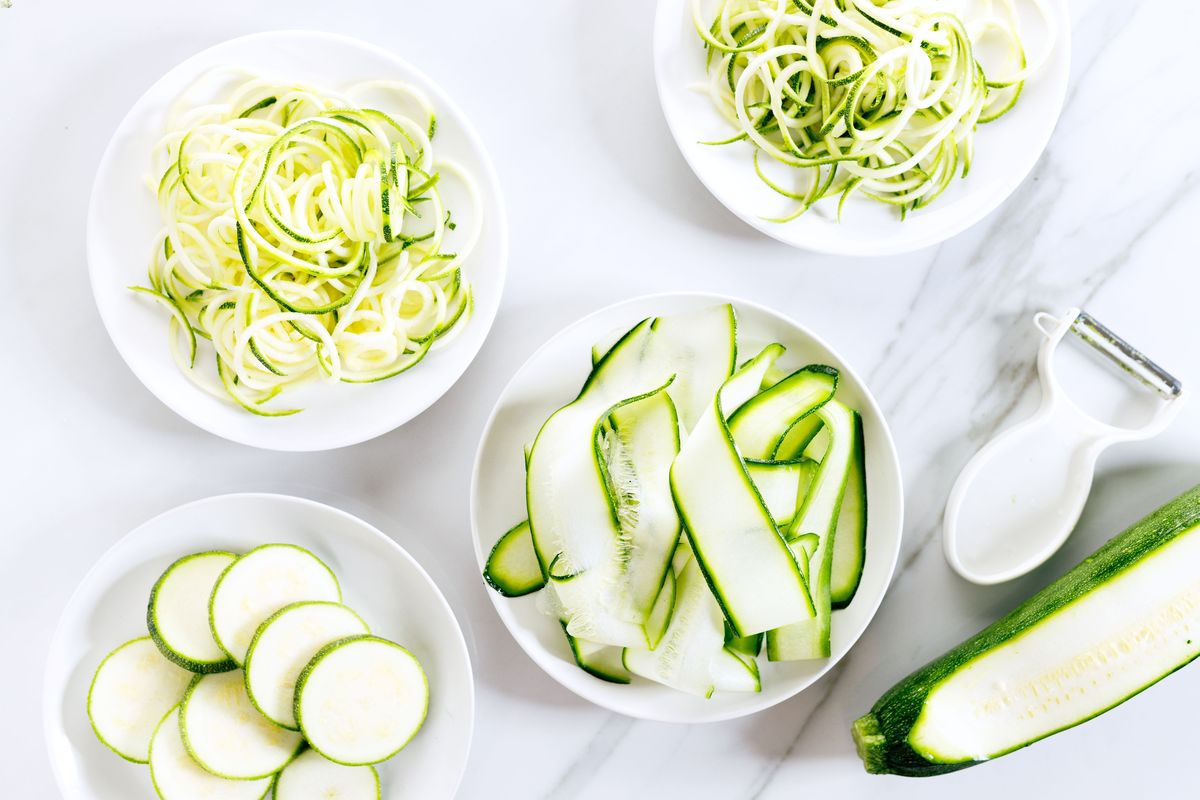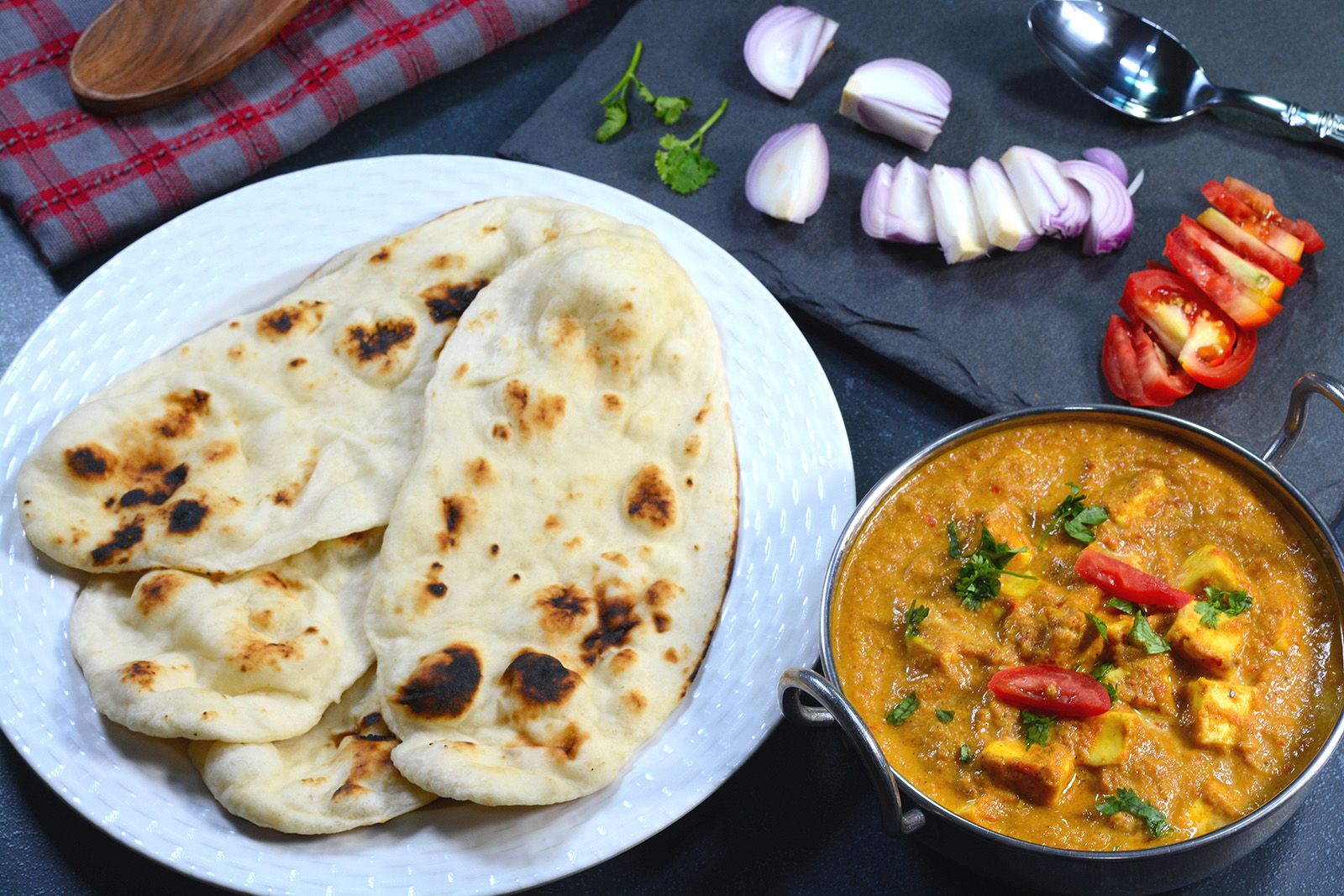Enjoying Healthy Eating at an Ethiopian Restaurant
Exploring new cuisines can be an exciting adventure, and Ethiopian food is no exception. With its rich flavors and diverse dishes, Ethiopian cuisine offers a unique dining experience. However, if you’re trying to maintain a healthy diet, dining out can sometimes be a challenge. Fortunately, with the right approach, it’s entirely possible to enjoy a nutritious meal at an Ethiopian restaurant.
Here are some tips for eating healthily at an Ethiopian restaurant:
- Opt for Injera Wisely: Injera, a sourdough flatbread, is a staple in Ethiopian cuisine. While it’s delicious, it’s also high in carbohydrates. To keep your meal balanced, consider asking for a smaller portion of injera or opting for a healthier alternative, such as whole grain injera if available.
- Load Up on Vegetables: Ethiopian cuisine features an array of flavorful vegetable dishes. From spicy lentils to vibrant collard greens, there are plenty of options to choose from. Fill your plate with a variety of vegetable-based dishes to boost your fiber and nutrient intake.
- Choose Lean Protein: When selecting protein options, opt for lean cuts of meat or leaner stew options. Dishes like Doro Wat (spicy chicken stew) or Yebeg Alicha (mild lamb stew) can be excellent choices for a protein-rich, satisfying meal.
- Mindful Spice Usage: Ethiopian cuisine is known for its aromatic and flavorful spices. While these spices add depth to the dishes, some may contain added salt or oil. Be mindful of the spice blends used and consider asking for dishes with reduced added salt or oil.
- Share and Sample: Ethiopian dining often involves sharing communal platters. Take advantage of this communal style of eating by sharing dishes with your dining companions. This allows you to sample a variety of flavors while keeping portion sizes in check.
- Stay Hydrated: As with any dining experience, it’s essential to stay hydrated. Opt for water or herbal teas to accompany your meal, and limit sugary beverages to support your overall health goals.
- Practice Portion Control: Ethiopian restaurants typically serve generous portions. Be mindful of portion sizes and aim to listen to your body’s hunger and fullness cues. Consider taking leftovers home for another satisfying meal.
By incorporating these tips into your dining experience, you can savor the flavors of Ethiopian cuisine while making mindful choices to support your health and well-being. Remember, enjoying a meal at an Ethiopian restaurant can be a delightful and nutritious experience with the right approach.
Next time you visit an Ethiopian restaurant, embrace the opportunity to explore new flavors and dishes while keeping your health goals in mind. With a thoughtful approach to your meal choices, you can savor the vibrant and diverse flavors of Ethiopian cuisine while maintaining a healthy and balanced diet.
More Delicious Ethiopian Recipes to Try at Home
Venturing into the vibrant world of Ethiopian cuisine offers an exciting opportunity to enrich your culinary skills while maintaining a nutritious diet. Among the plethora of dishes, Lean Doro Wat Recipe stands out for its rich flavors and lean protein, making it a must-try for health-conscious food enthusiasts. Similarly, Gomen Recipe and Atakilt Wat Recipe provide ample servings of vegetables, essential for a balanced diet. For those seeking a vegan option, Shiro Wat Recipe is highly recommended due to its high protein content and robust seasoning. These recipes not only promise a delightful eating experience but also align well with the principles of healthy eating outlined in the guide.











